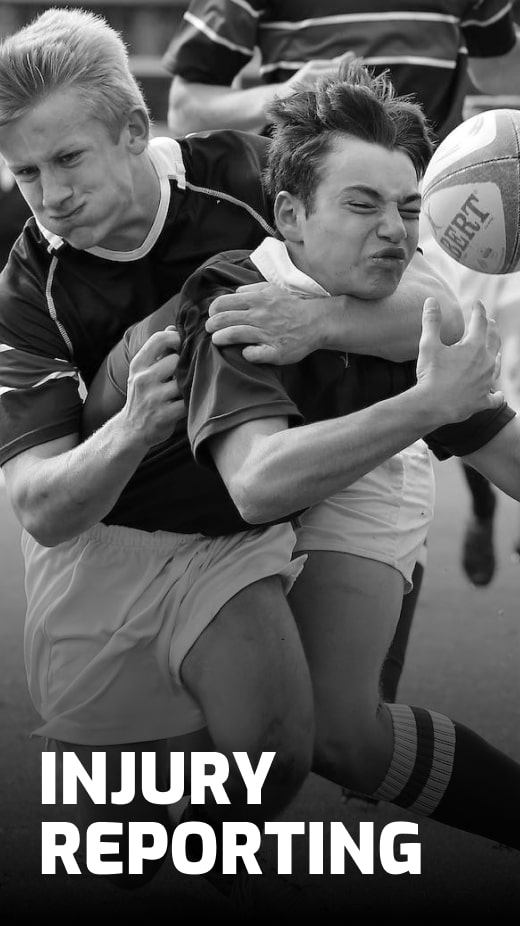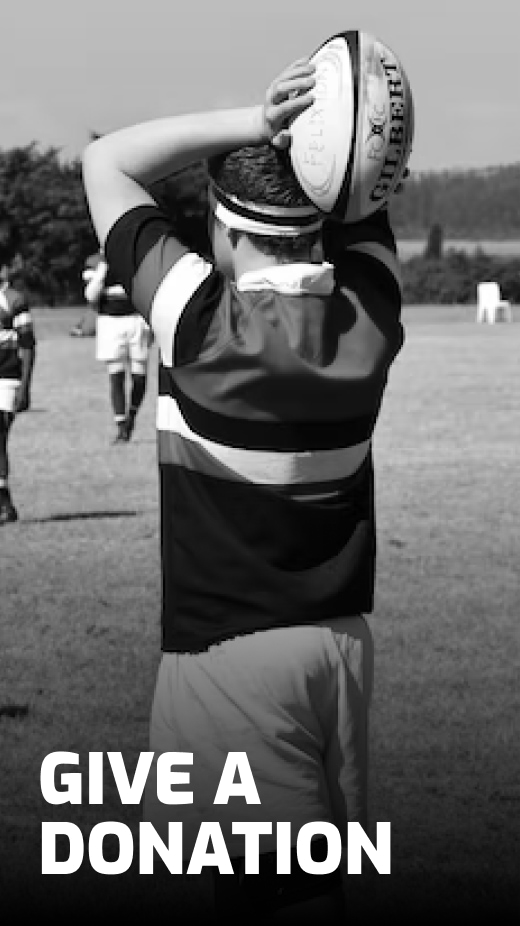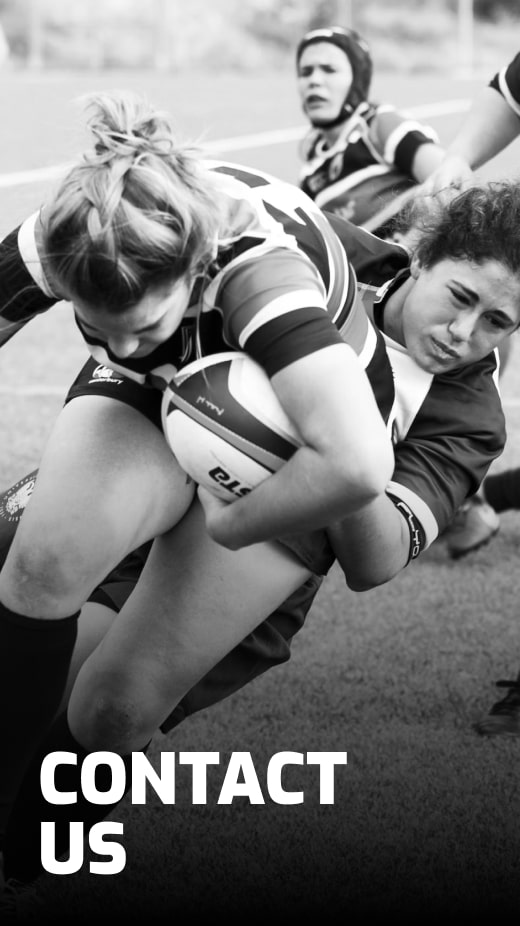DR. DANIELLE SALMON (NZR)
CONCUSSION UPDATE
In 2018, NZR rolled out a nationwide policy for the Blue Card in all senior and 1st XV rugby. The blue card policy enables a referee if they witness a concussion during a game to issue a blue card, which enters the player into a pathway that enforces a stand-down period and requires the player to obtain medical clearance before they can return to play.
Post-season in 2018, 496 Blue Cards were issued. That year ACC reported 2500 concussions were sustained in rugby, which would suggest that only 19% of the concussions at a minimum obtained medical clearance before returning to play. Optimistically we would hope this number is significantly higher but outside of the Blue Card there was no way of operationalising NZR’s 3 primary goals.
Since 2019 World Rugby, ACC and New Zealand Rugby Foundation have supported the implementation of a community concussion initiative that supports the use of various strategies to target improved knowledge, attitudes and reporting behaviours across a variety of rugby stakeholders. We have also examined the use of technology to operationalise the four R’s of concussion through the use of an App and a GP Portal. This system has been piloted in three PUs since 2019.
In 2020 we had 1477 players involved in the study across 60 clubs/school which resulted in a total of 127 concussions reported of which 125 were logged in the App. From the data collected in the pathway we know that 70 of these concussions followed the ideal pathway where they underwent a medical diagnosis and medical clearance from a GP. More importantly we can say that of the 125 concussions that were logged 103 were medically cleared before they returned to contact training raising our stats from the Blue Card in 2018 to 81% for those players involved in the study.
While these numbers are really exciting there are a number of challenges that this process still faces. The system works very well in senior and high school teams that have support from a team manager or a medic/physio. In teams where personnel resources are limited we have identified challenges regarding implementing the system so we have had to ensure that the process is flexible and can vary dependent upon the level of support. We also have identified challenges around access to medical treatment for players from low decile schools or those players that identify as Māori or Pasifika. What the focus has been with the collaboration between NZR and the NZRF is to work with AUT to look at the end of season focus group data we collected in 2018 and 2019 and use this data to better understand people’s stories and experiences around the management of concussions. The themes that emerge from this data will be used to guide and develop the CMP to ensure an equitable and better experience for all players and stakeholders following a suspected concussion.

CONNECT AND SHARE
CONTACT US
For all enquires please email:
[email protected]
and the appropriate staff member will respond.




 Members
Members Admin Login
Admin Login